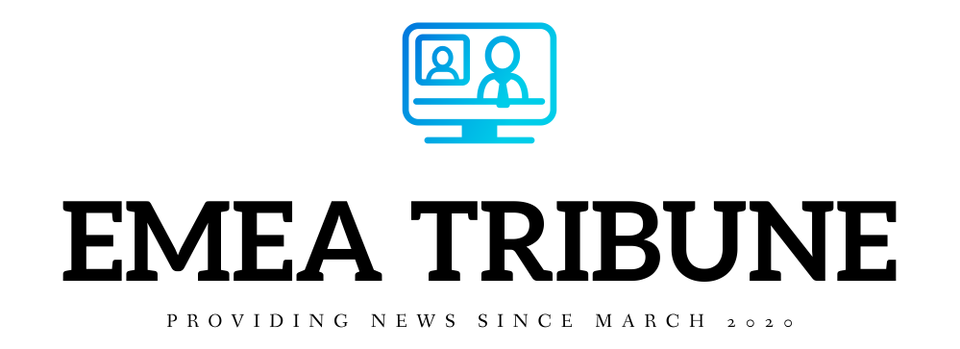Ahead of Wednesday's rain, MMSD asks residents to cut water use to avoid sewer overflow

The Milwaukee Metropolitan Sewerage District is urging Milwaukee-area residents to cut water use ahead of the precipitation moving into the area Tuesday night.
To avoid a combined sewer overflow, the sewerage district is asking residents in the city and its surrounding suburbs to take shorter showers, save laundry and dishes for another day, and empty rain barrels regularly.
Widespread rain and isolated thunderstorms are expected to start around midnight and last through mid-morning Wednesday, according to the National Weather Service. Peak precipitation is expected between 4 a.m. and 9 a.m. tomorrow, with totals between 1 and 1.75 inches. That may not sound like a lot, but it can be overwhelming in a compressed time period.
Milwaukee has a combined sewage system in which both stormwater and wastewater from homes and businesses flow through the same pipes before they are treated.
If heavy rains cause the water reclamation facilities and deep tunnel to fill to capacity, the sewerage district must discharge untreated water into Milwaukee’s three rivers and Lake Michigan to prevent wastewater from backing up into homes and businesses.
The sewerage district serves 1.1 million people across 28 communities, including the city of Milwaukee and many surrounding suburbs. By federal law, the sewerage district is allowed six overflows per year. The district has been able to capture and clean an average of 98.6% of wastewater since 1994.
So far this year, the sewerage district has treated nearly all of the wastewater. In March, about 9,600 gallons of wastewater were accidentally released into Lincoln Creek near North 32nd Street and West Hampton Avenue in Milwaukee. The incident happened when workers with Veolia Water Milwaukee mistakenly discharged the wastewater into a storm sewer instead of a sanitary sewer.
Last year, there was one combined sewer overflow in April when 357 million gallons of untreated wastewater were released into local rivers and Lake Michigan.
The sewerage district is taking environmentally friendly steps to prevent overflows and capture more rainfall by restoring habitat and installing green infrastructure throughout the area it serves. Green infrastructure helps nature do its job by absorbing and storing rain and melting snow. It protects against flooding and excessive heat as well as improves air, soil and water quality, which can help the city better adapt to a changing climate.
Residents can sign up for alerts to learn when overflows are happening by texting WATERDROP to 414-296-4422.
This article originally appeared on Milwaukee Journal Sentinel: MMSD asks residents to cut water use to avoid sewer overflow




